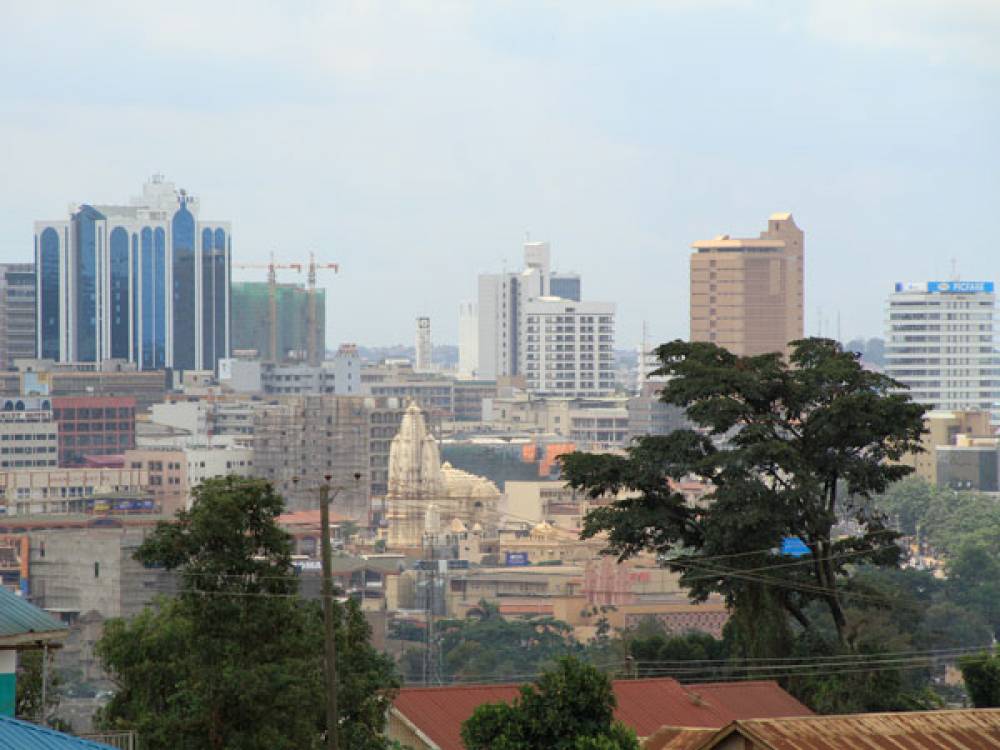
Uganda Gets New National Telecommunications Operator
The Uganda Communications Commission has granted Lycamobile a National Telecommunication Operator license, making it the country's third national operator. On March 24, 2021, this license was granted.
Lycamobile's application was approved following a change to the country's licensing framework in 2020, which allowed telecom operators in the country to apply for any license they desired.
Lycamobile is required to expand its network coverage to 90% of the country within five years of receiving the license and to list 20% of its shares on the Uganda Securities Exchange.
What to know about Lycamobile
Lycamobile is a mobile virtual network operator (MVNO) based in the United Kingdom with operations in 23 countries. It operates in Uganda through its parent company, Tangerine Limited, which has been operating in the country since 2008. It joins Uganda Telecom Limited (UTL), MTN, and Airtel as the country's national operators with the acquisition of this licence.
At an event to announce Lycamobile's license, Irene Kaggwa Sewankambo, the UCC's Acting Executive Director, stated that the entry of a new player into any space is supposed to increase sector competitiveness and, ultimately, consumer services.
This does not appear to be the case for Uganda's telecommunications sector, let alone its consumers, as a result of the government's attempts at Internet censorship.
Under the guise of generating additional revenue for the government, the Museveni administration implemented a social media tax in 2018, charging Ugandans USh200 ($0.05) per day to use social media and other over-the-top services.
As a result, several Ugandans used VPN services to bypass the tax and access the Internet. As a result, tax revenues decreased, falling from USh5.6 billion ($1.5 million) in July 2018 to USh3.97 billion ($1.1 million) in September 2018.
The country earned approximately USh47 billion ($13.5 million) of the projected USh275 billion ($77.8 million) revenue. Internet subscriptions were not spared, declining 15% and 0.39 percent, respectively, in August and September 2019.
Due to the failure of the OTT tax, the government intends to impose a 12% tax on Internet bundles beginning July 1, subject to approval by members of parliament. This tax does not apply to data used to provide educational or medical services. Unlike the social media tax, this tax would be more difficult to evade because it would be collected when Internet bundles are purchased.
Uganda 2040 Vision: Still on track or not
President Yoweri Museveni announced Uganda Vision 2040 in 2013, a development plan aimed at transforming Uganda's economy from rural to competitive and market-driven by 2040. This plan now appears to be on the verge of failure, with the possibility that more Ugandans will abandon the Internet as a result of the government's proposed tax on Internet subscribers increasing.
Uganda has previously experienced numerous Internet blackouts, the most recent occurring during the 2021 elections. Social media platforms and messaging apps were disabled in the run-up to the elections, which re-elected Museveni to a sixth term. Social media platforms were also shut down in the run-up to Uganda's 2016 presidential elections.
While most social media and Internet shutdowns are politically motivated, they frequently have economic consequences. Sub-Saharan Africa will lose $237 million in 2020 due to Internet censorship. That sum of money could have gone a long way toward economic development in one of the world's poorest regions.
This should be cause for concern for Lycamobile and other telecom operators in the country. A decline in the country's Internet user base could result in decreased revenue for businesses and, consequently, decreased tax revenue for the government.
Courses and Certification
Telecommunications Course and Certificate
Satellite Communication Course and Certificate
Google Maps Course and Certificate
Wireless Communication Course and Certificare

